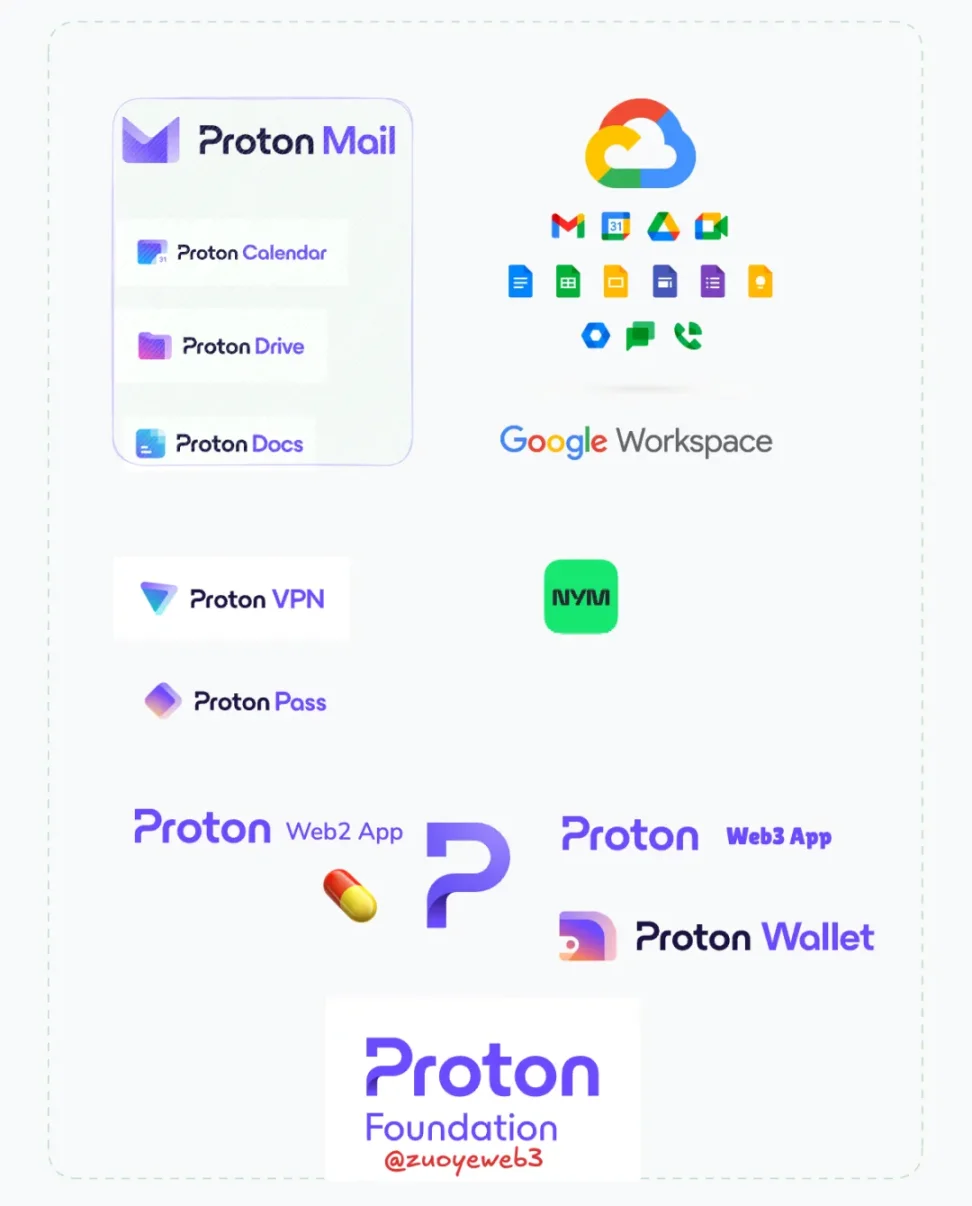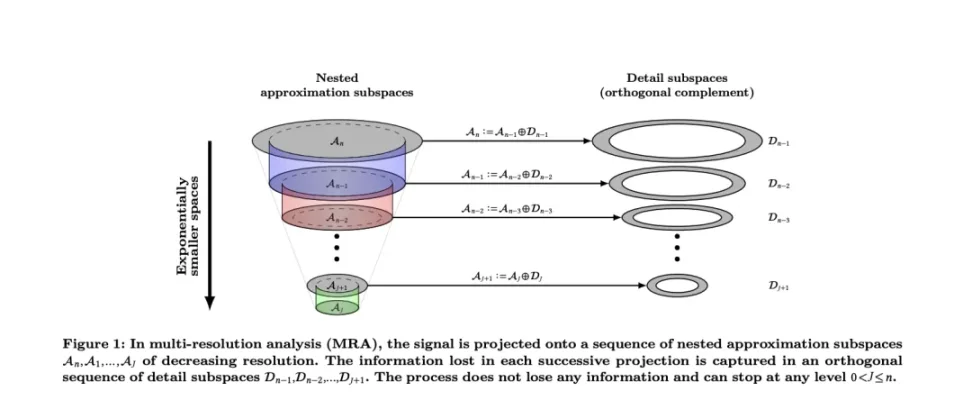Big hidden in private, written before Nillion issued coins

Reprinted from panewslab
03/24/2025·1MShang Yang knew the power of a horse, and the gods saw the hearts of the people. NIL is on the verge of the day, when XMR is removed.
Blockchain originated from privacy technology, especially cryptography, from elliptic curves to zero-knowledge proofs, all prove the success of privacy economics in the Web 3.0 era.
But things won't be perfect, from the frequent removal of XMR by CEX/DEX, and then the arrest of the founder of Tornado Cash, you will find that even if Nillion can be listed on Binance, the geek spirit of privacy projects is retreating, and its ultimate product delivery capability is hard to be perfect.
In terms of polishing privacy products, similar blockchain projects need to learn from their Web2 peers to improve their posture.
Proton proves that privacy can be a well-functioning product form
Privacy is a Feature,Not a Product.
Simply talking about privacy lacks meaning to strengthening product forms. In other words, privacy also requires PMF. Giants such as Google and Meta can violate privacy while making people unable to stop. It lies in convenience and network effects. They can be used out of the box and use it with everyone, and they need to use it without the office scenes, so they will eventually accept everything from Google.

Image description: The giant is fined, source: Proton
At this point, the regulatory authorities have failed in the penalty-based management model. Even if they take the legendary penalty-based king Google's $2.974 billion as an example, Google only needs to spend 16 more days to earn it back, and these fines cannot become the income of European technology companies, causing them to further face Google's powerlessness.
Faced with this problem, Proton adopted the method to build his own family bucket, starting from CERN (CERN Center for Nuclear Research). The purely natural reputation of scientific researchers is higher than that of commercial companies. The privacy products built by cryptography technology, open source code, product auditing are truly practical - you can realize the corresponding functions without Google's family bucket.
Of course, the current network effect and scale effect still cannot compete with giants, but compared with blockchain peers, the products they provide are sufficient for daily use and are qualified Google Alternative.

Image description: Pronton product and part comparison, image source: @zuoyeweb3
Compared with Google Workspace, the current Proton is basically a benchmark product around Proton Mail itself. It is worth mentioning that Proton Mail is also the favorite of Jack Dorsey, the founder of Twitter and Square.
Unlike general email products, Proton Mail can be used without binding a mobile phone number, and supports end-to-end encryption mode to ensure the privacy transmission of emails. Before Telegram is regulated, it can basically build a relatively high-level commercial privacy experience with TG's end-to-end mode.
Of course, after Telegram fell, Proton Mail and Signal can also meet the privacy surfing needs of most people.
Similar to Telegram, Proton has also begun to enter the Web3 field. The first product is Proton Wallet. Unlike transaction-oriented products such as Bitget Wallet and Binance Wallet, Proton Wallet is extremely restrained and has relatively simple functions.
The significance of Proton is to prove the feasibility of building products based on privacy technology. It is different from the advertising profit model of traditional giants. Proton adopts a paid system and different from the token economics system of Web3 peers. Proton has not reached the stage of issuing coins. We can call it:
The non-tokenization practice of crypto technology.
From Skiff to Nillion, the tokenization of crypto
If you think Pronton is Don Gilleshode, then Skiff, Nym, Privasea to Nillion are dwarves, their PMF has not been found, but the token (Snow White) takes the lead.
On February 9, 2024, Notion announced the acquisition of Skiff, which is also the first time that a large Web2 product acquired a Web3 startup. It did not take the coin issuing route to create a new trend in the industry. To put it more, Stripe's acquisition of Bridge is actually the second time.
Skiff is also similar to Google Suite, with IPFS-based document suites to encrypted mailbox services, but there is a huge problem. The UI is extremely ugly and has no experience in using it. This is also the biggest problem of current Web3 products. Due to the slowness and expensiveness of the underlying blockchain, it is difficult to defeat the Web2 peers based on its development of large products.
Proton is the right Google Alternative, but Skiff is not the qualified Proton Alternative.
In addition, the development of other Web3 privacy products is not satisfactory. Nym gradually shifted its focus to the VPN field in the later stage. Privasea, in the FHE direction, emphasizes more on adaptation in the AI field, and today's Nillion is still within the MPC narrative of the previous cycle.
Yes, narratives are cycle-based. Nillion-built concepts such as MPC and Blind Compute (NBC) are derivative narratives used by Ethereum and ZK in the L2/Rollup field. The AA wallet and MPC paradigm both belong to this category. With the weak Ethereum coin price, privacy technology products are being abandoned by the market. The most obvious thing is that FHE has not become the next step for ZK. Reference for face-slapping articles: FHE is ZK's next step, and encryption technology says so.
It’s not that privacy technology is not important, but that the combination of privacy technology and tokens is no longer important, at least at this stage.
Without privacy technology, Proton cannot build its own business logic and product matrix, which is a good PMF model, but for products such as Nillion, investments in Binance and Hack VC seem to be more important.
As for the concept of blind computing, trustworthiness, multi-ecology, and privacy AI are not Nillion's real source of profit. We all know that Nillion's only product may be its own tokens. From this point of view, at least Nym really wants to grab the VPN market.

Image description: Nillion latest paper, image source: Nillion
In the latest technical papers, Nillion's research focus is still on the practice of MPC. The traditional secret sharing of MPC algorithm will expand rapidly during calculations, while Nillion is studying how to reduce the complexity of the algorithm to improve computing efficiency.
How to say it, let’s take a look at the opening performance of Nillion tokens. In the same sentence, this kind of Web3 privacy technology that combines AI cannot find real application scenarios, because neither OpenAI nor DeepSeek does have these factors. If the new product adds privacy technology to seize market share from them, it is a meaningful pioneering move.
If that doesn't make sense, then look at @Optimism, which really thinks privacy is important.

But Privacy is Good, and it still needs Privacy Product to show it. There is no meaning to talk about MPC / ZK / TEE / FHE / AI. Everyone will say the empty talk slogan that does not solve the problem, but it will eventually hurt the social credibility of the technology behind it.
The consequences have already occurred. Now people are afraid of L2, which will make people feel that ZK is a scam.
After Safe caused huge losses to Bybit, not only Vitalik was silent, but also the front-end brother and the multi-signal mechanism.
Conclusion
Monero, Monero (XMR), is a little unfamiliar to people in the BNB Chain Meme speed-transmission era, but it should be the last attempt to truly consider how to combine cryptography technology and its own application scenarios after Bitcoin.
On February 7, 2024, Skiff officially announced that he had "joined" Notion. Two days ago, XMR was "exited" by Binance Delisting, the largest source of liquidity. Perhaps from then on, the so-called privacy technology is just a part of the win-win studies, just like the F-47, but Web3 privacy economics has not finally gone bankrupt.

